Case Study 1
Streamlined Surgical Workflow with Robotic-Assisted Surgery (Surgery)
Challenges
Traditional laparoscopic surgery relies on surgeons’ manual dexterity and can be limited by visibility and range of motion within the patient’s body. Hospitals struggle to improve surgical precision, minimize tissue damage, and reduce surgeon fatigue during complex procedures.
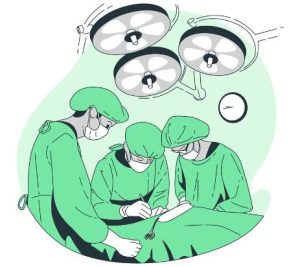
Solution
Hospitals can implement robotic-assisted surgery (RAS) systems. These systems utilize robotic arms with advanced cameras and surgical instruments controlled by surgeons from a nearby console. The robotic arms provide superior dexterity, maneuverability, and tremor filtration compared to human hands. High-definition magnified views allow for improved visualization of the surgical site.
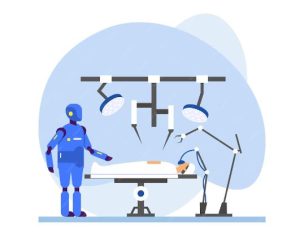
Benefits
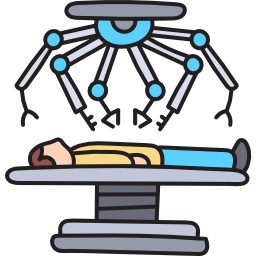
Improved surgical precision and minimal tissue damage due to enhanced dexterity and tremor filtration of robotic arms.

Reduced risk of complications and faster patient recovery time.
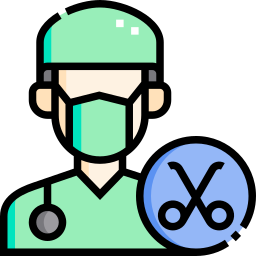
Improved ergonomics for surgeons by minimizing fatigue and strain during long procedures.

Potential for minimally invasive surgery in previously inaccessible areas of the body.
Case Study 2
Enhanced Patient Monitoring and Decision Support with Advanced Analytics (Surgery & Operational Efficiency)
Challenge
Traditional surgical monitoring relies on vital sign measurements and visual observations, potentially leading to delayed detection of complications. Hospitals struggle to improve patient safety, optimize resource allocation in the operating room (OR), and streamline post-surgical care.
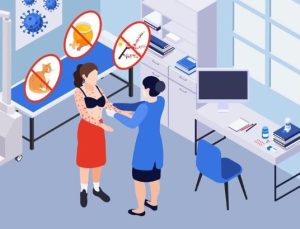
Solution
Hospitals can implement advanced patient monitoring systems integrated with artificial intelligence (AI) and machine learning (ML) algorithms. These systems collect real-time data on vital signs, blood loss, and other physiological parameters during surgery. AI algorithms can analyze this data to identify potential complications early and provide real-time decision support for surgeons. Additionally, these systems can analyze historical data to predict resource needs in the OR and optimize scheduling for improved surgical efficiency.

Benefits

Improved patient safety with early detection of potential complications through real-time data analysis by AI.

Enhanced surgical decision-making with data-driven insights and real-time recommendations.

Optimized resource allocation in the OR by predicting staffing and equipment needs based on historical data.

Streamlined post-surgical care with early identification of potential problems and proactive interventions.
Case Study 3
Automated Medication Dispensing and Inventory Management for Improved Safety and Efficiency (Operations & Pharmacy)
Challenge
Traditional medication dispensing in hospitals relies on manual processes and handwritten records, leading to potential errors and inefficiencies. Hospitals struggle to ensure medication accuracy, minimize medication waste, and maintain efficient pharmacy operations.

Solution
Hospitals can implement automated dispensing cabinets (ADCs) and integrated pharmacy management systems. ADCs can be installed in nursing stations to store and dispense medications securely. Barcodes on medication packaging and patient wristbands can be scanned to verify medication orders and prevent dispensing errors. Additionally, pharmacy management systems can track medication inventory levels and generate automatic purchase orders based on usage patterns and predetermined thresholds.

Benefits

Improved medication adherence rates through personalized reminders and s• Improved medication safety through automated dispensing and barcode verification systems.upport.
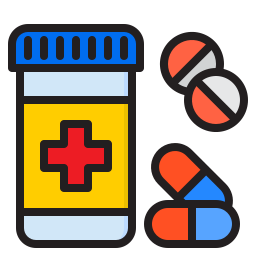
Reduced risk of medication errors and adverse drug events.

Minimized medication waste with real-time inventory tracking and optimized stocking levels.

Increased efficiency in pharmacy operations through automation of dispensing and inventory management tasks.
These cases showcase how automation technology can benefit hospitals in surgery, operational efficiency, and pharmacy management. By implementing robotic-assisted surgery systems, advanced patient monitoring with AI, and automated medication dispensing, hospitals can improve patient safety, optimize resource allocation, streamline workflows, and reduce medication errors for a more efficient and safer healthcare environment.
